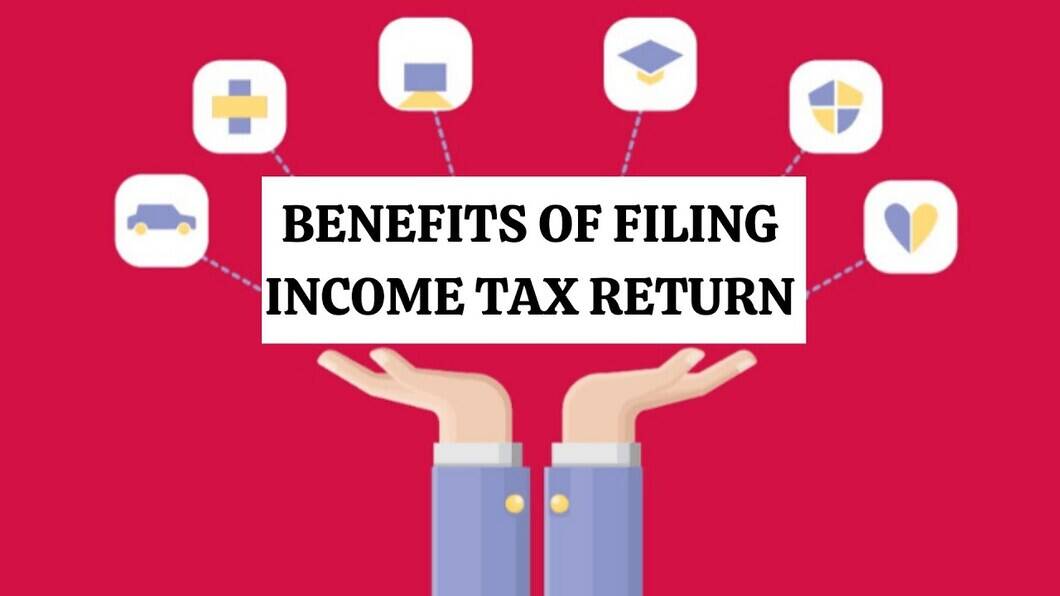Top 8 Benefits of Filing Income Tax Return
Top 8 Benefits of Filing Income Tax Return Filing returns is a sign that you are responsible. Not just that, it also makes it easier for individuals and businesses to enter into subsequent transactions since their income is recorded by the tax department with applicable tax, if any, having been paid.
Are you wondering whether you should file your income tax return or not? Or you read it somewhere that if your income is below the basic exemption limit, then you might as well skip filing your income tax return? However, before you make up your mind on not filing your ITR, it’s worth considering the advantages of filing your income tax return, even if it’s not mandatory.
1. Easy Loan Approval
Filing your ITR can be beneficial when applying for various loans such as vehicle loans (2-wheelers or 4-wheelers) or home loans. Major banks often require a copy of your tax returns as proof of your income statement. This is a mandatory document for loan approval.
2. Claim Tax Refund
There may be instances where tax has been deducted (TDS) from your income, even if your total taxable income is below the basic exemption limit, or you have no tax liability for that year. In such cases, you must file an Income Tax Return to claim a refund of the TDS.
3. Income & Address Proof
Your Income Tax Return can serve as proof of your income and address.
4. Quick Visa Processing
When applying for a visa, most embassies and consultants require copies of your tax returns from the past couple of years. These documents are among the mandatory requirements. Therefore, it is advisable to file your ITR in a timely manner.
5. Carry Forward Your Losses
By filing your return within the original due date, you can carry forward losses to subsequent years. These losses can be offset against the income of future years, thereby reducing your tax liability. Without filing an income tax return, this benefit would not be possible.
6. Avoid Penalty
If you are required to file your tax returns according to the income tax act but fail to do so, the tax officer has the right to impose a penalty of up to Rs. 5,000.
7. For Buying Term Insurance
To approve term insurance plans, insurance providers often require applicants to submit their Income Tax Return (ITR) records as proof of their annual income. The coverage amount is determined based on the individual’s earnings, and presenting the ITR helps insurance providers assess a person’s higher income level.
8. Claim Refund of Excess Tax Payments
Even if your income is below the taxable threshold, taxes may still be deducted from sources such as your salary, fixed deposit (FD), or other income. For example, if your total income is less than Rs. 2.5 lakhs, but you received Rs. 1 lakh from an FD, the bank is required to deduct 10% tax on this amount. In such cases, individuals can claim a refund for the tax deducted by filing an Income Tax Return (ITR). In simple terms, filing a tax return allows individuals to recover any tax deducted at the source.








